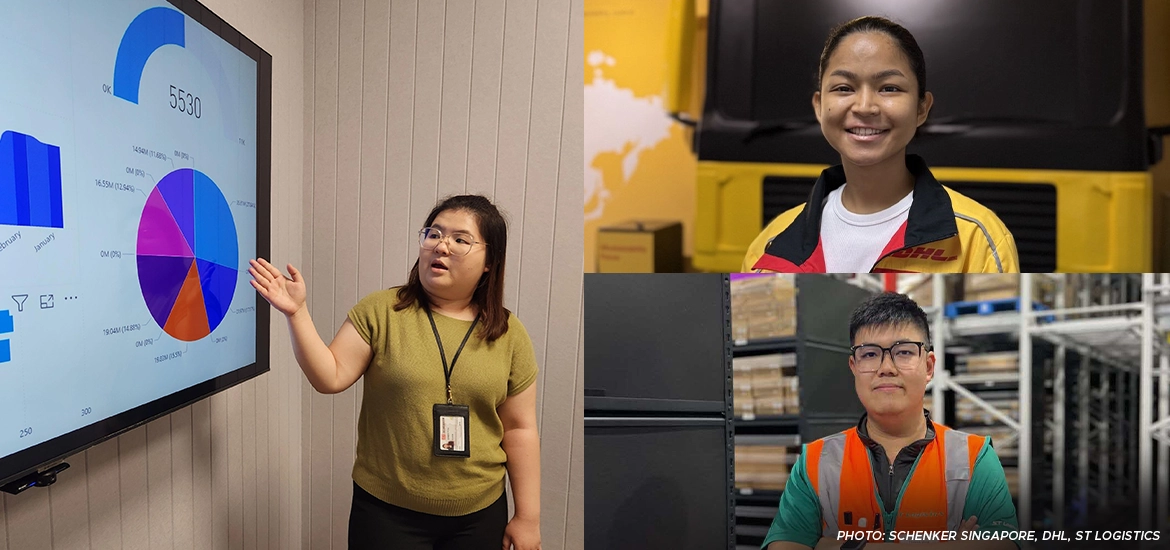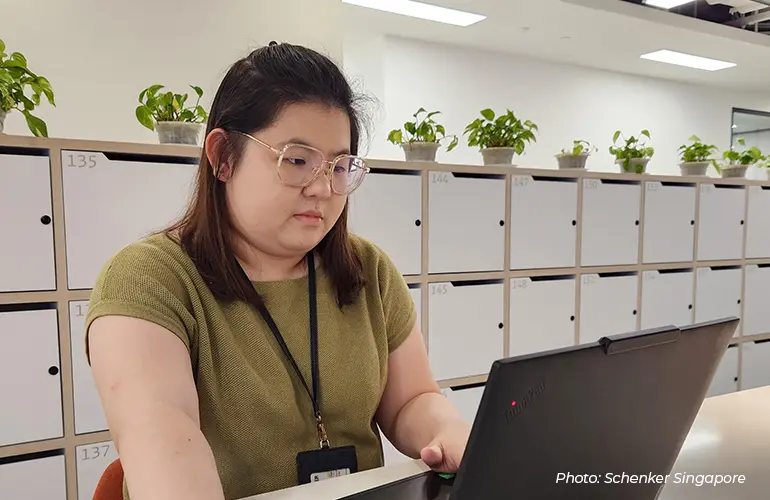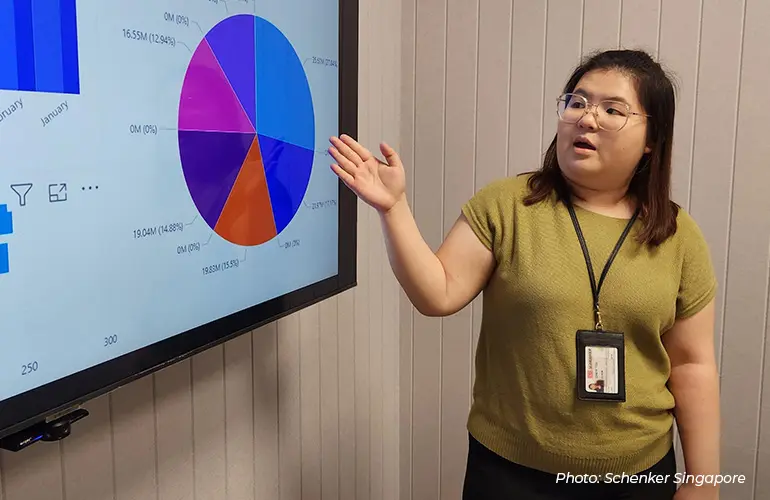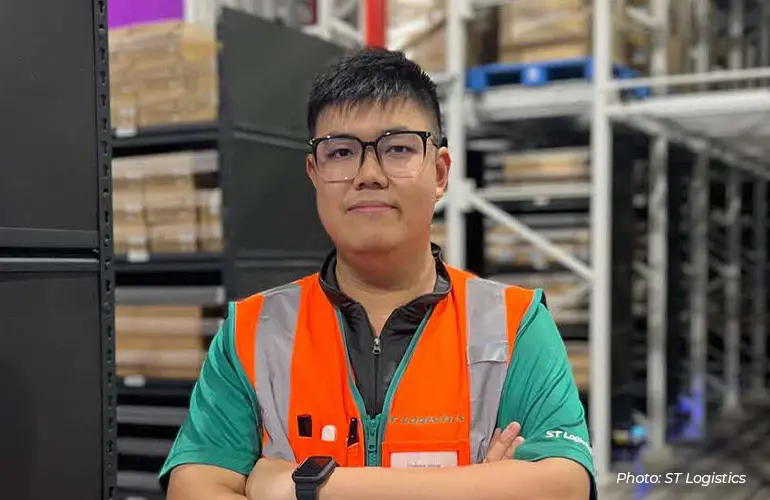“The robots will adjust the pallets to the front so that the next day, there will be less waiting time for staff to pick them up from the picking station,” he said, adding that to fulfill orders, the goods are now being delivered to the staff for more convenience and efficiency.
While tech-related roles have attracted younger workers to the larger logistics companies here, ST understands that the smaller players have yet to benefit from the new blood.
Ms Diyls Chua, an Institute for Human Resource Professionals certified professional in the logistics industry, said smaller logistics firms have yet to see an upward trend in the number of young hires.
Ms Juliet Tan, founder of HR consultancy firm Emplifi, which specialise in small and medium enterprises (SMEs), shared similar observations. She said this is possibly because automation and AI are not as widely deployed in SMEs yet.
Ms Chua pointed out that there are sub-sectors within the logistics industry that are less physically laborious but require versatility and adaptability, such as customer service and enterprise operations.
Young graduates with a positive learning attitude and high energy can look out for these roles, she said.
Source: The Straits Times © SPH Media Limited. Permission required for reproduction.












